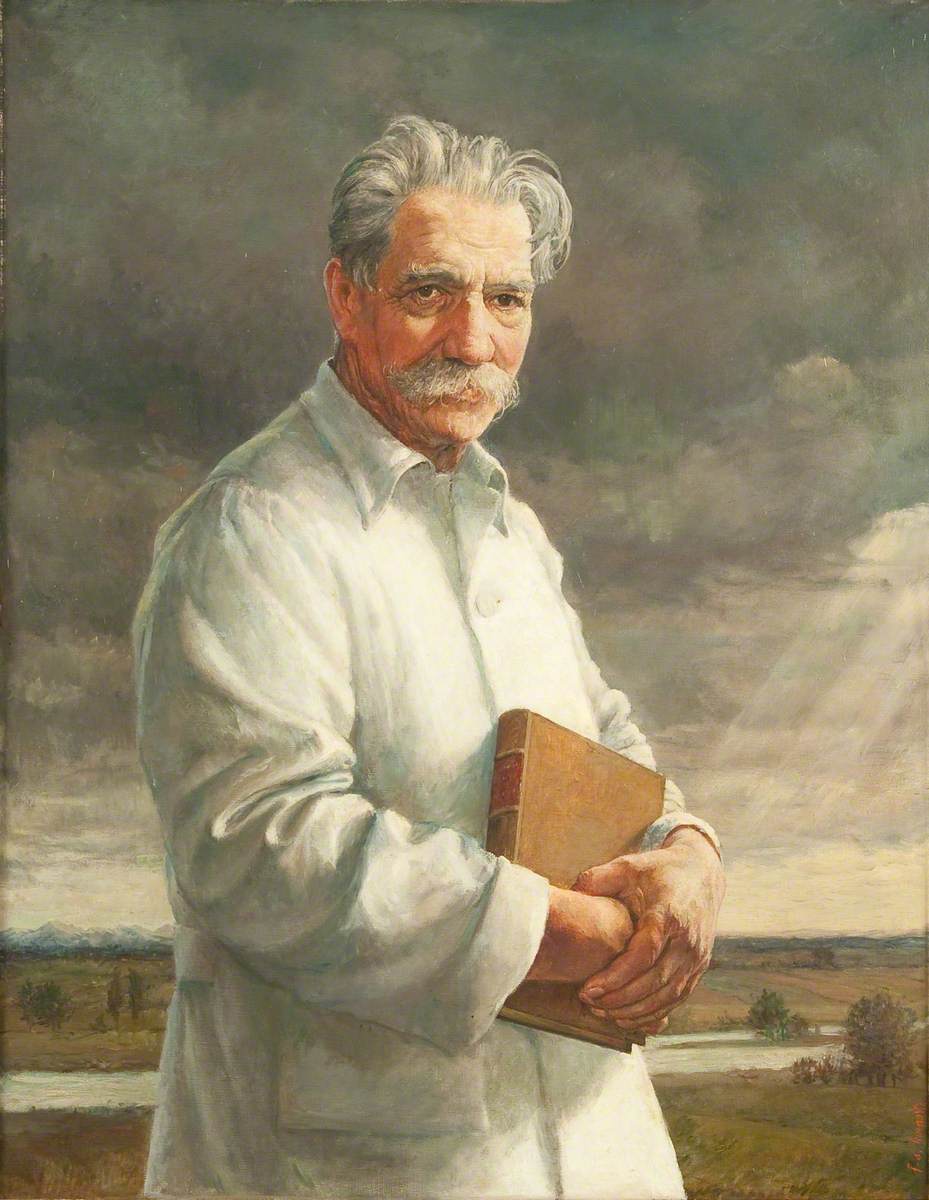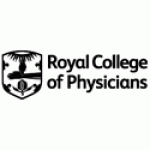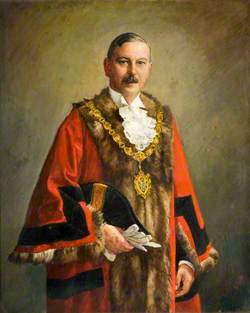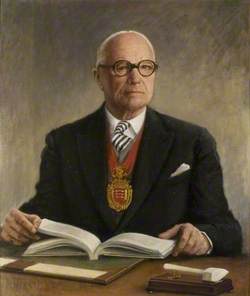How you can use this image
This image can be used for non-commercial research or private study purposes, and other UK exceptions to copyright permitted to users based in the United Kingdom under the Copyright, Designs and Patents Act 1988, as amended and revised. Any other type of use will need to be cleared with the rights holder(s).
Review the copyright credit lines that are located underneath the image, as these indicate who manages the copyright (©) within the artwork, and the photographic rights within the image.
The collection that owns the artwork may have more information on their own website about permitted uses and image licensing options.
Review our guidance pages which explain how you can reuse images, how to credit an image and how to find images in the public domain or with a Creative Commons licence available.
Notes
Add or edit a note on this artwork that only you can see. You can find notes again by going to the ‘Notes’ section of your account.
Albert Schweitzer (1875–1965) was awarded the Nobel Peace Prize in 1952 for his pioneering medical work in French Equatorial Africa. Born in north-east France, Schweitzer was a musician, philosopher, theologian, author and physician. He grew up in a religious family surrounded by music. In 1912 he married Helene Bresslau, and a year later they moved to Lambaréné in French Equatorial Africa where Schweitzer built his famous hospital at his own expense. For the rest of his career he commuted between Africa and Europe, raising funds by giving lectures and organ recitals. Schweitzer’s methods were controversial, in particular his unorthodox technique of letting patients be surrounded by relatives and pets in the hospital. He claimed this was to make them feel more at home and less threatened by the white doctor and his foreign medicines.
Title
Albert Schweitzer (1875–1965)
Date
1953
Medium
oil on canvas
Measurements
H 89.5 x W 71.1 cm
Accession number
X202
Acquisition method
gift from Mrs C. Pugh, 1967
Work type
Painting




